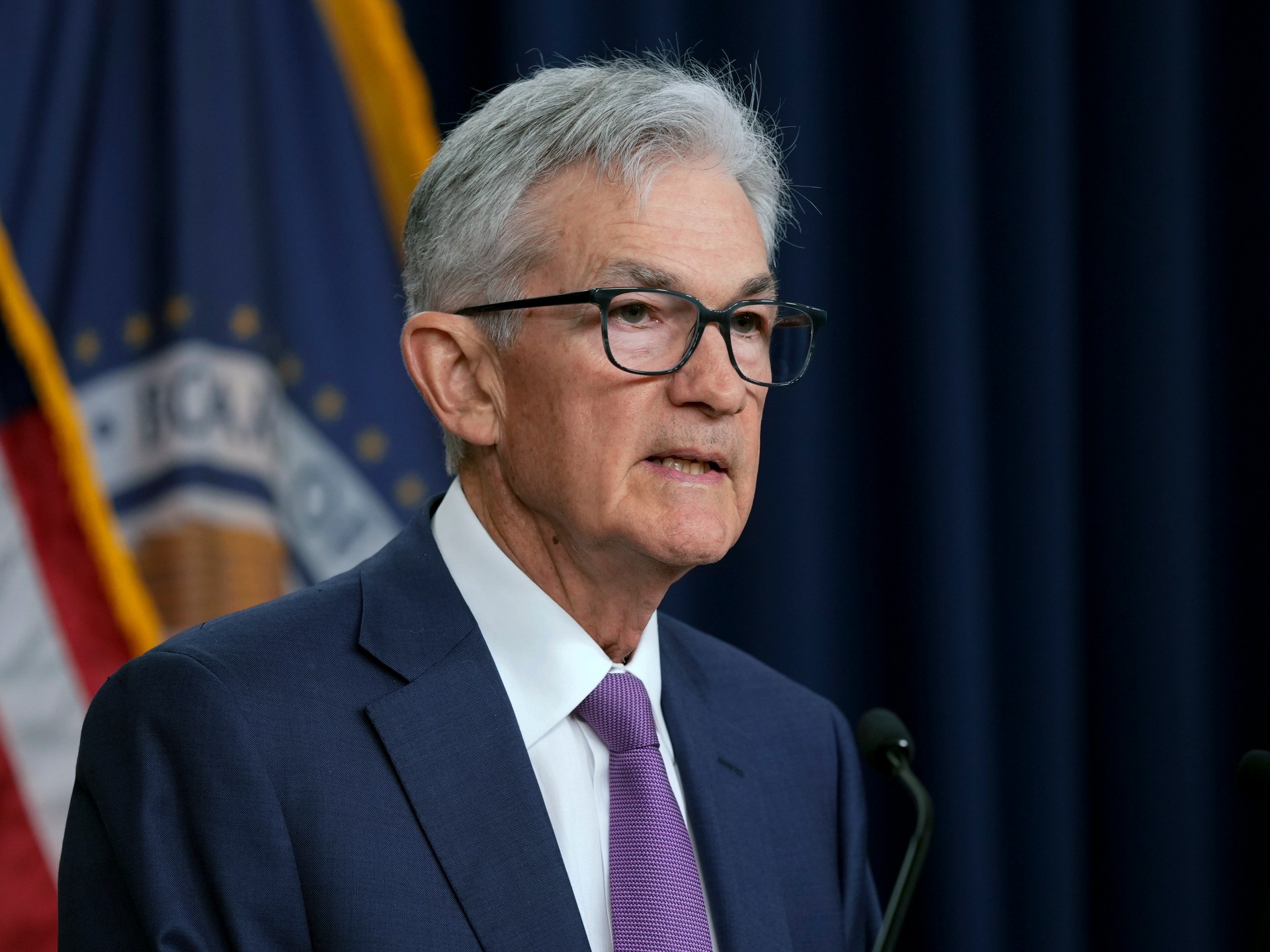Tech
Tiktok ban in the US nears: How Donald Trump may be the only saviour now, and why it may not be as simple ‘yes or no’ for him – Times of India

TikTok’s future in the United States took a significant blow on Friday, December 6, when a panel of federal judges unanimously upheld a new law that could lead to the app’s removal from one of its largest markets by mid-January. In a ruling from the US Court of Appeals for the District of Columbia Circuit, three judges rejected TikTok’s petition to block the law, which demands that the app’s Chinese owner, ByteDance, sell the platform to a non-Chinese company by January 19, or face a nationwide ban. The decision puts TikTok’s presence in the U.S. at serious risk, affecting the 170 million American users who rely on the app for entertainment, news, and income. The potential loss of TikTok has raised alarms among free speech advocates and content creators who depend on it for their livelihoods.
The ruling also presents a dilemma for President-elect Donald Trump, who has previously expressed support for TikTok. However, the new law, which takes effect the day before his inauguration, offers no clear path for the app’s survival under his leadership.
Signed into law in April, the legislation is driven by national security concerns, with critics arguing that ByteDance’s ties to the Chinese government create risks of data harvesting and the spread of propaganda. TikTok has consistently pushed back, claiming that a sale is not feasible due to Chinese government restrictions and arguing that the law unfairly targets the app and infringes on First Amendment rights.
However, the appellate court sided with the government. In its ruling, the panel emphasized that the law was specifically designed to address control by a foreign adversary, not to limit free speech. The judges wrote that the law’s purpose is to protect U.S. citizens from data privacy risks posed by China’s influence over TikTok, asserting that it does not violate the Constitution.
The biggest question: Will Donald Trump save TikTok or not
The question of whether President Trump could intervene to save TikTok remains unresolved, particularly given the law’s tight timeline. A Trump spokesperson indicated in November that the president would take action to protect the app, but has offered few details on how this would unfold.
In 2020, Trump sought to block TikTok and force its sale to U.S. companies, citing similar national security concerns. Congress passed the current law after intelligence briefings that underscored the risks posed by TikTok’s ownership. According to a report in New York Times, quoting Sarah Kreps, a professor at Cornell University’s Tech Policy Institute, Trump’s views on TikTok could shift depending on what information he receives once in office. So the big question according to security experts is: Will Trump act as a dealmaker, or will he adopt a more hawkish stance on China?
The law also allows the president to determine whether a sale or similar transaction would sufficiently remove TikTok from Chinese control. This has raised the possibility that ByteDance could make structural changes to address the law’s requirements, potentially allowing the app to stay in the U.S. if Trump approves. However, given Trump’s previous stance on TikTok and China, it remains unclear whether he would change his position.
Long legal battle continues
The legal battle is far from over. There is no guarantee that the Supreme Court will take up the case, though experts like Georgetown law professor Anupam Chander believe that the Court will likely intervene, potentially extending TikTok’s operations in the U.S. “The Supreme Court will probably freeze the law and pass the issue to the Trump administration to sort out,” Chander said.
If the law goes into effect, TikTok’s short-term hope may rest on securing a court injunction that would delay its implementation. Policy analyst Paul Gallant predicted that the Supreme Court would likely hear the case and issue a ruling by June 2024.








